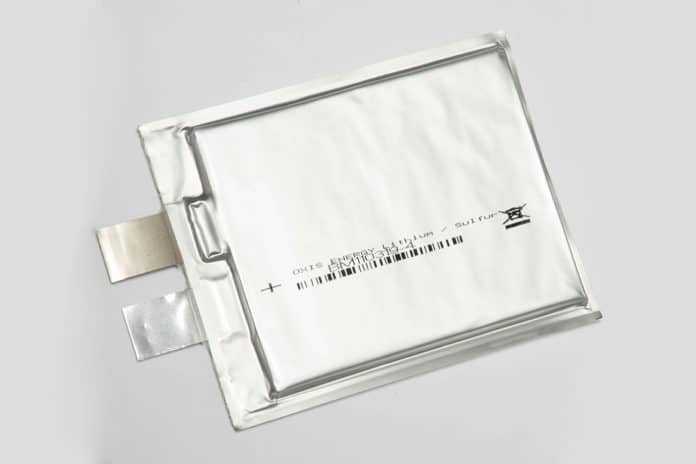The British company Oxis Energy claims to have found the key to the revolution in the electric aircraft segment and, more specifically, to the revolution of lithium-sulfur batteries. With lithium-sulfur batteries, they want to achieve a 50% to 100% increase in flight time from a single charge on future Bye Aerospace eAircraft.
So far, the Li-S batteries have not been really operational yet, but their great potential has been attributed to them for many decades. Because compared to lithium-ion batteries, which are currently common in electric cars, they should have a very high energy density at a significantly lower weight and reduced cost. This is important in the flight because every kilo that has to lift off the ground counts.
The company has developed an innovative Lithium-Sulfur (Li-S) battery that would provide in excess of 500 Wh/kg at 20Ah capacity that, offers a two-fold reduction in battery system weight resulting in a significant increase in flight duration. Oxis new Li-S battery cells have the potential to significantly improve the quality, cost, and performance of the aircrafts, specifically, a plane built by Bye Aerospace.
However, the life of lithium-sulfur batteries is very short, due to which they have never been implemented on a large scale since the 1960s. This might soon be changed, as Oxis Energy claimed that their battery has a “safe,” non-flammable sulfur-based electrolyte, which protects against degradation of the cathode during the charge-discharge cycle. The team expects that its batteries will be able to last for 500 such cycles within the next two years.
Besides, the battery design incorporates a ceramic lithium sulfide as a passivation layer, which blocks the flow of electricity in order to prevent sudden discharge and more insidious leakage.
Bye Aerospace has gained a lot of momentum this year and received orders for hundreds of aircraft from customers. The pressure on companies due to climate change is high, which is why more and more obviously, electric aircraft are needed to minimize their carbon footprint.
